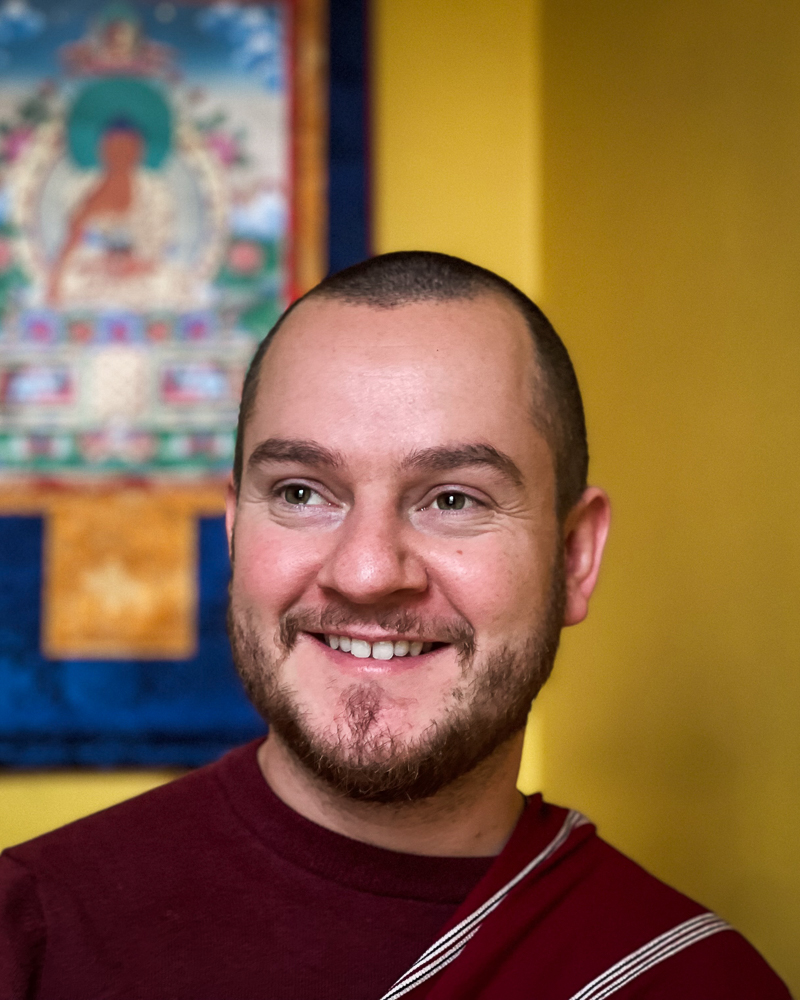The Buddha's Path:
Foundational Buddhist Study Programme
Module 2
Foundations of Buddhist Meditation I: Shamatha
About Module 2
Foundations of Buddhist Meditation I: An Overview
This Module is part of The Buddha’s Path: Foundational Buddhist Study Programme and delves into the foundational aspects of Buddhist shamatha meditation.
During this Module, drawing on the extensive teachings of Lama Alan Wallace, we explore both the practice and theory of shamatha.
Engaging in shamatha training is about training our attention skills – improving our ability to focus and concentrate. These practices cultivate a supple, relaxed and alert mind, and by engaging in them, we’re given an opportunity to unwind, let go of stress and worry, and cultivate mental and emotional balance.
The ultimate purpose of shamatha meditation however is to achieve shamatha itself – a state of samadhi, or meditative concentration – where one is able to focus unwaveringly on a single object without distraction or tiredness. The Buddha strongly emphasised the importance of achieving shamatha in order to achieve personal liberation. Shamatha is, therefore, an indispensable practice for those seeking awakening.
This module serves as a comprehensive exploration, giving us the tools and practices necessary to engage in shamatha training.
Module 2: Foundations of Buddhist Meditation I: Shamatha
Recordings & Resources
Meet the Host
Guiding your meditation experience

David Oromith
Buddhist Contemplative, Author & Meditation Guide
David is a Buddhist contemplative, meditation guide and retreat leader. He is the Co-Founder of Samadhi and author of the book A Practical Guide to Mindful Living: Five Ways to Restore Presence and Calm Amidst Challenge & Change. He has received non-monastic ordination in the Tibetan Buddhist tradition and teaches workshops internationally, leads retreats across the UK and runs classes locally.
David is a follower of the rimé (non-sectarian) approach, recognising the value and benefit of multiple points-of-view, with teachers in all four schools of Tibetan Buddhism. His primary teacher is Lama Alan Wallace, who is also rooted in a non-sectarian approach, with particular close affiliation with the Gelug and Nyingma schools and the Dudjom lineage.
David discovered meditation & Buddhism through his experience of depression and suicidal thoughts and is passionate about helping people take back control of their mental wellbeing, work with their thoughts and feelings, and discover genuine wellbeing and joy within. Read more.








